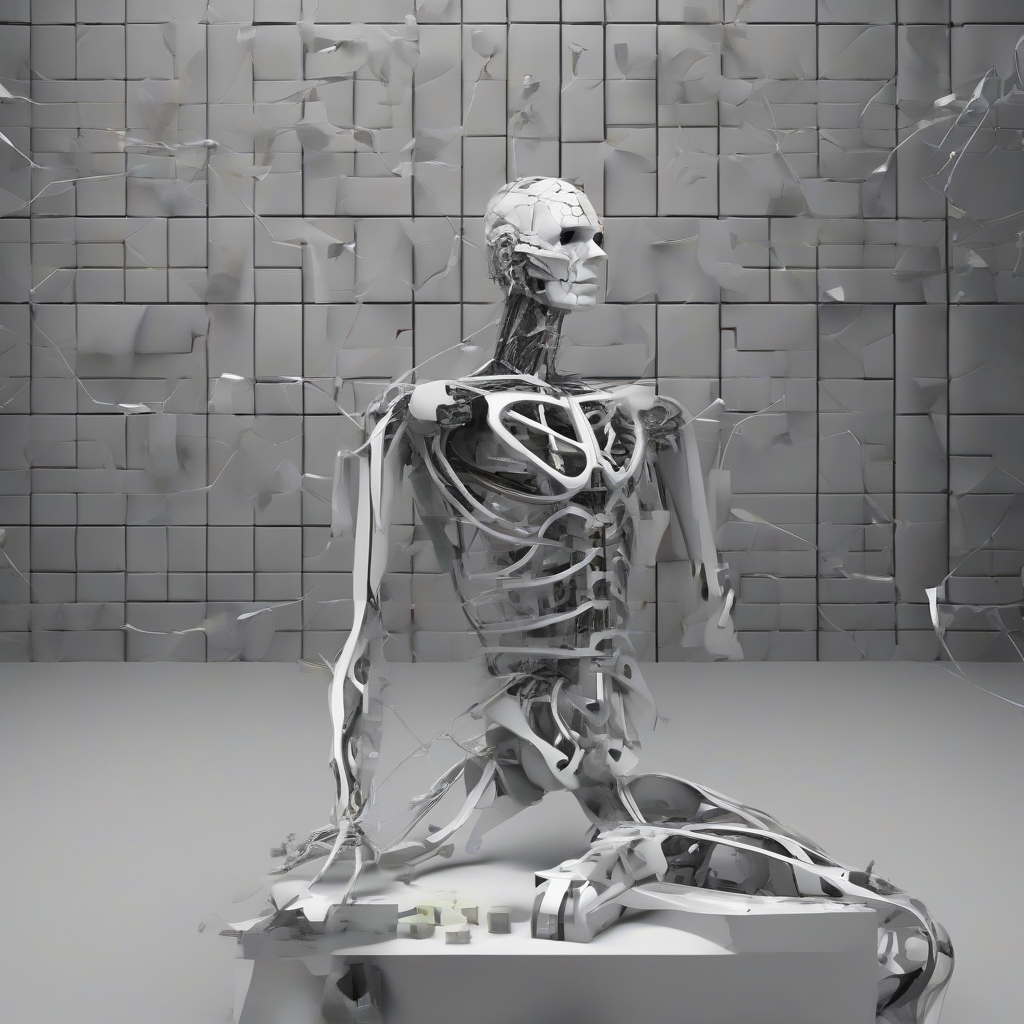Pigeon Pest Control: A Comprehensive Guide to Managing Pigeon Infestations
Pigeons, while often seen as harmless city dwellers, can quickly become a nuisance when they establish themselves in large numbers. Their presence can lead to property damage, health hazards, and a host of other problems. Effective pigeon pest control is crucial for maintaining a clean and healthy environment.
Understanding the Pigeon Problem
- Nuisance: Pigeon droppings can stain surfaces, damage building materials, and create an unpleasant odor.
- Health Risks: Pigeon droppings can carry diseases such as histoplasmosis, salmonellosis, and cryptococcosis. Their feathers and mites can also trigger allergies.
- Structural Damage: Nesting pigeons can damage building materials, especially roofs and gutters.
- Fire Hazards: Pigeon nests can create fire hazards, especially if they are built near electrical wiring.
Pigeon Behavior and Habits
- Social Animals: Pigeons are highly social animals and live in flocks.
- Opportunistic Feeders: They are opportunistic feeders and will eat a wide variety of food scraps.
- Nesting Habits: Pigeons prefer to nest in sheltered locations, such as buildings, bridges, and trees.
- Reproductive Cycle: They can breed year-round, producing several broods of chicks per year.
Prevention Strategies
The most effective approach to pigeon pest control is prevention. This involves making your property less attractive to pigeons and limiting their access to food and shelter.
1. Food Source Management
- Secure Food Sources: Store food in airtight containers and avoid leaving food scraps outdoors.
- Clean Up Spills: Clean up food spills promptly.
- Use Covered Trash Cans: Ensure that garbage cans are covered tightly.
- Feed Birds Responsibly: If you choose to feed wild birds, use feeders that prevent access by pigeons.
2. Shelter Elimination
- Seal Entry Points: Seal any gaps or holes in buildings, especially around rooflines, vents, and windows.
- Remove Nesting Sites: Remove any existing nests and make sure they are inaccessible to pigeons.
- Trim Trees and Shrubs: Trim trees and shrubs near buildings to reduce nesting opportunities.
3. Physical Deterrents
- Bird Spikes: Bird spikes are effective in deterring pigeons from landing on ledges, window sills, and other surfaces.
- Bird Netting: Bird netting can create a barrier to prevent pigeons from accessing areas.
- Bird Wires: Bird wires, also known as pigeon wires, can be installed on ledges and other surfaces to make them uncomfortable for pigeons to perch.
- Bird Scarers: Bird scarers, such as flashing lights, laser beams, and sound devices, can deter pigeons through visual or auditory stimuli.
Professional Pigeon Control Services
For severe pigeon infestations, it is recommended to consult a professional pest control company. Professionals can provide effective solutions using a combination of methods, including:
1. Exclusion
- Bird Netting: Install bird netting around buildings to prevent pigeons from entering.
- Bird Spikes: Place bird spikes on ledges and other surfaces to discourage pigeons from landing.
- Bird Wires: Install bird wires on ledges and other surfaces to make them uncomfortable for pigeons to perch.
2. Trapping
- Live Pigeon Traps: Live pigeon traps are used to capture pigeons without harming them. Trapped pigeons are then released to a remote location.
3. Chemical Control
- Bird Repellents: Bird repellents can be applied to surfaces to deter pigeons. These repellents often contain natural ingredients that are unpleasant to pigeons.
- Bird Control Chemicals: In some cases, professional pest control companies may use bird control chemicals, such as avicides, to eliminate pigeon populations. These chemicals are typically used as a last resort.
Important Considerations
- Humane Practices: When choosing a pest control method, it is important to consider humane practices and minimize harm to pigeons.
- Legal Restrictions: There may be legal restrictions on trapping or killing pigeons in some areas.
- Ongoing Maintenance: Pigeon control is an ongoing process. Regular inspections and maintenance are necessary to prevent infestations from recurring.
Conclusion
Pigeon pest control is an essential aspect of maintaining a healthy and clean environment. By implementing prevention strategies, employing physical deterrents, and seeking professional help when needed, you can effectively manage pigeon infestations and minimize their impact on your property and health.
